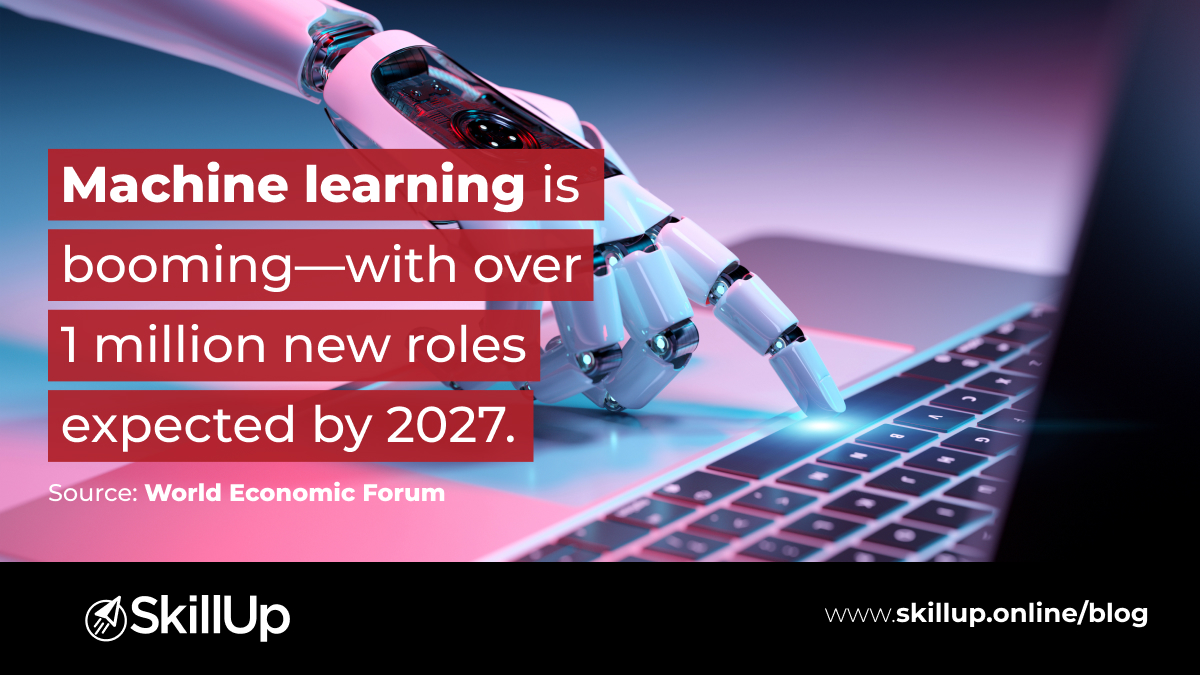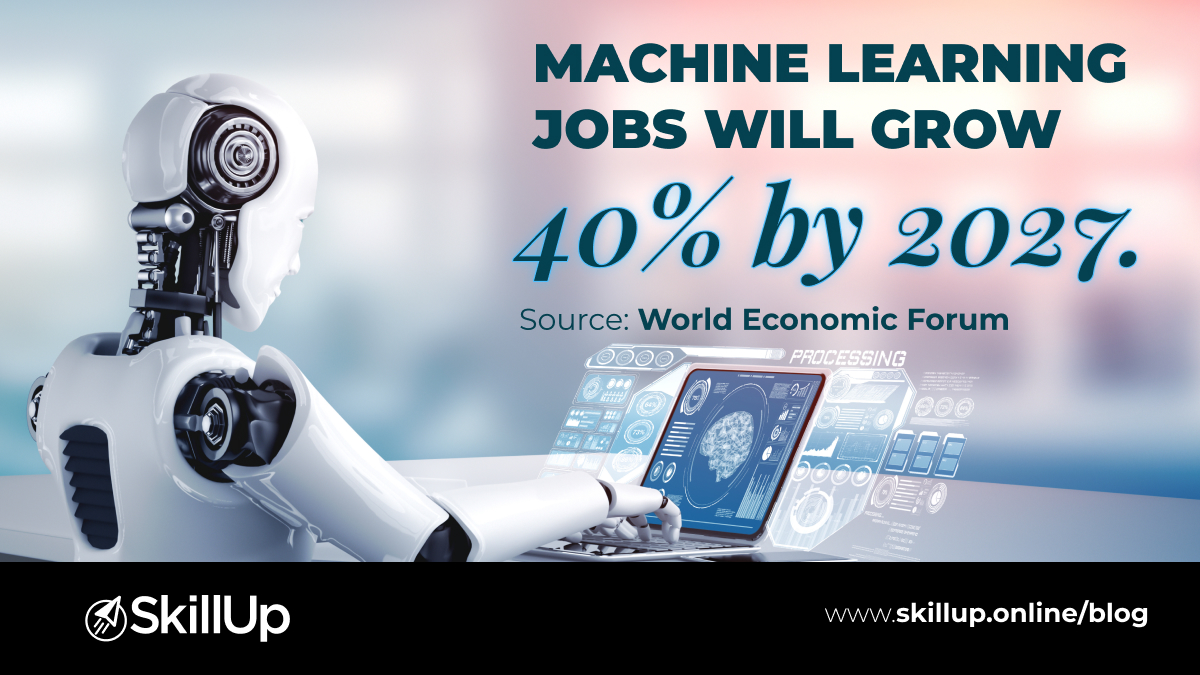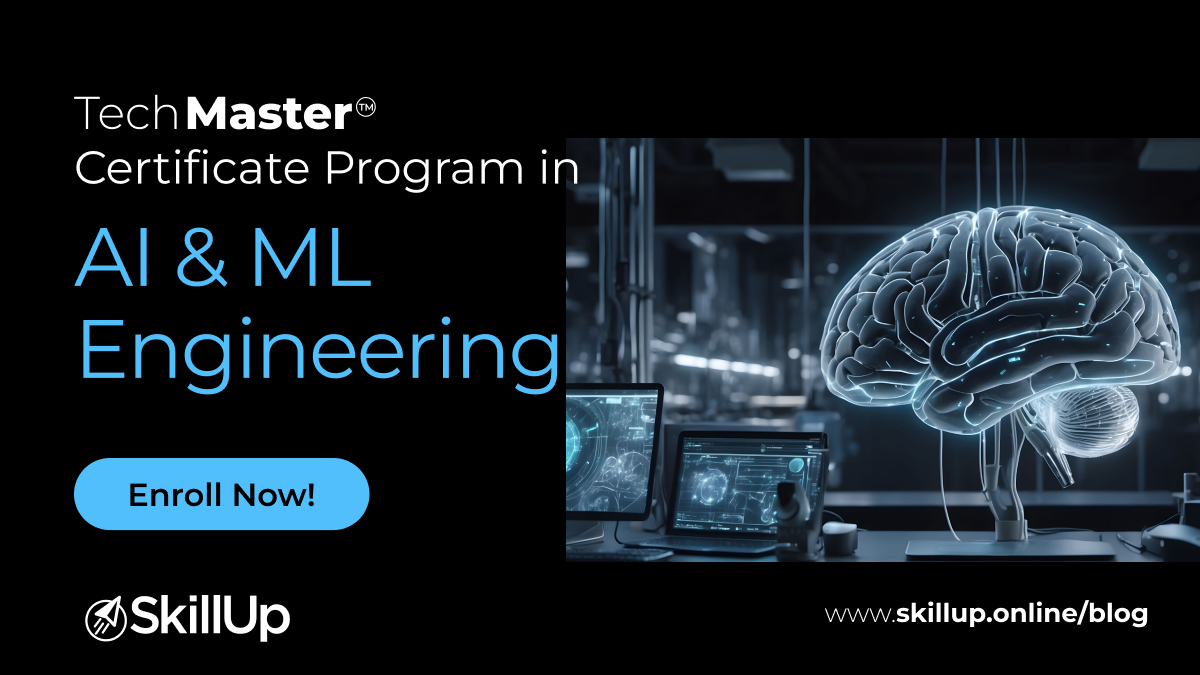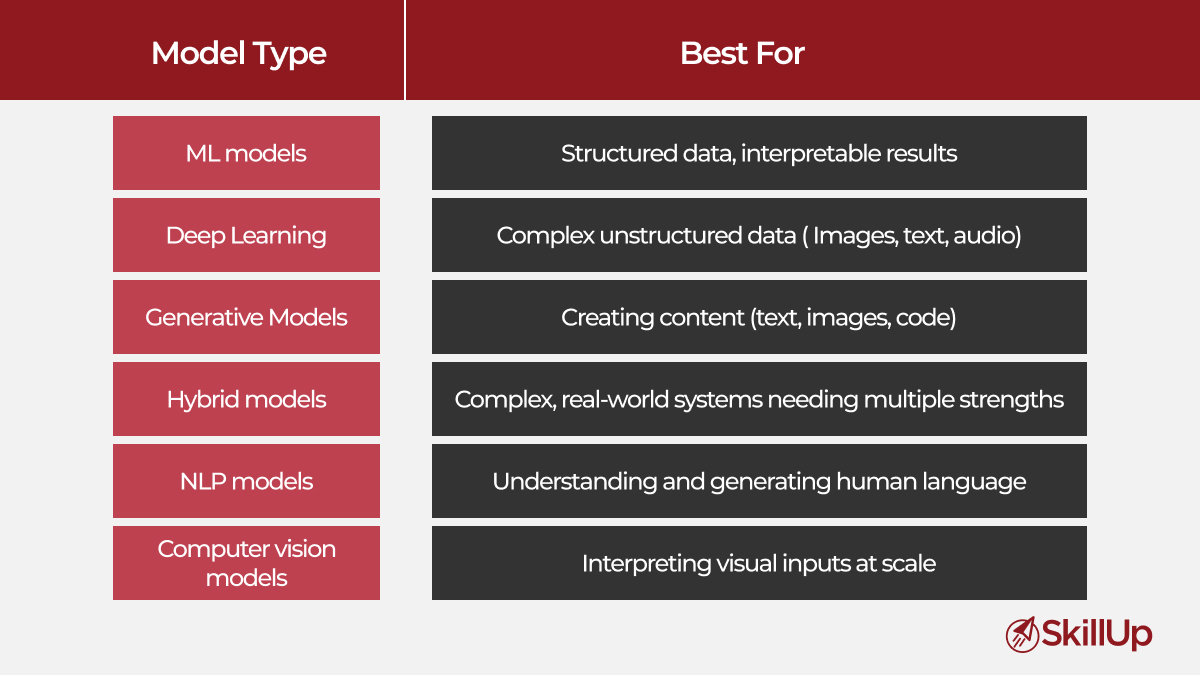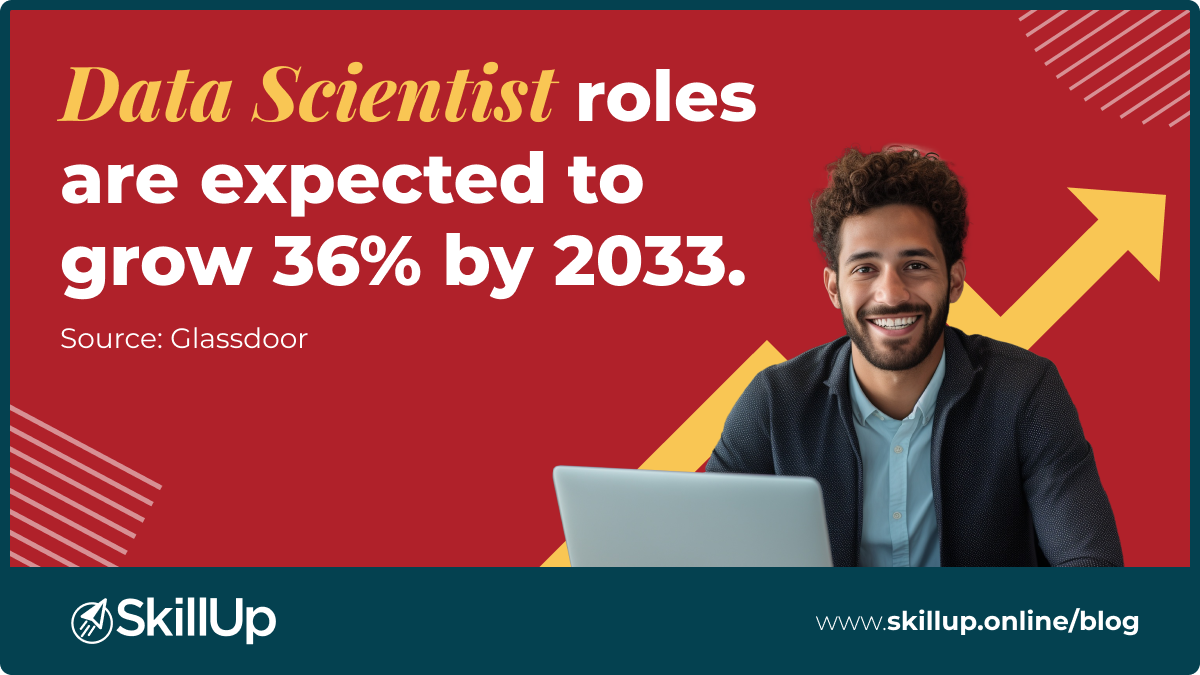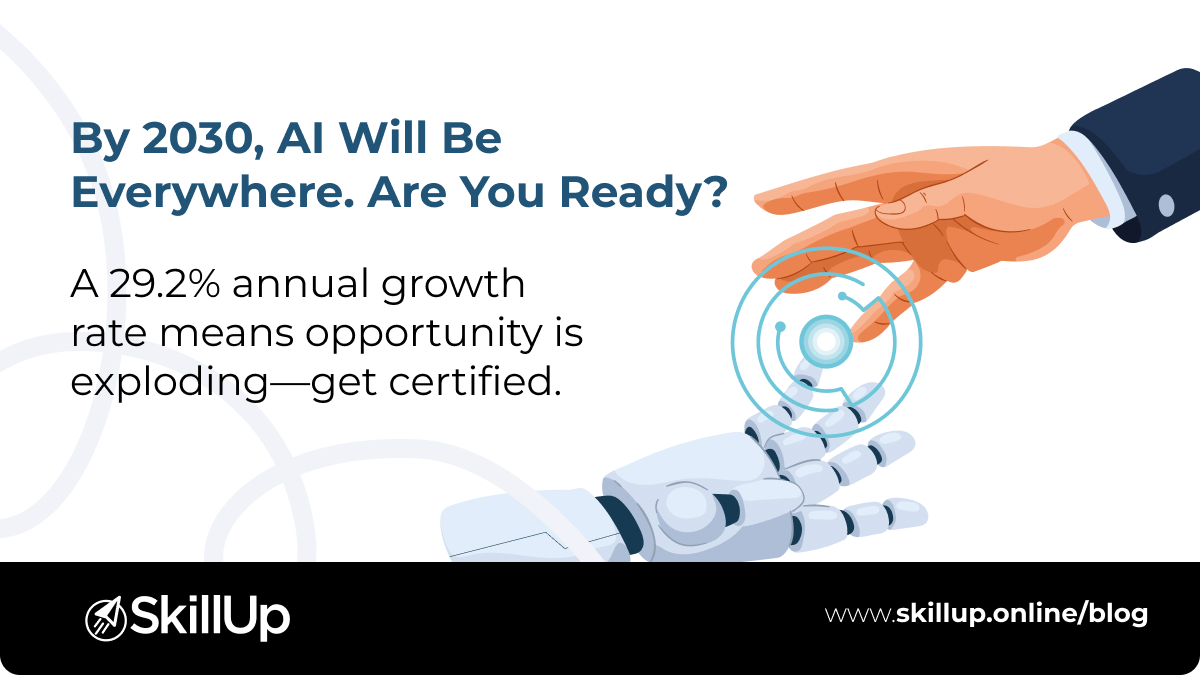Machine learning jobs are growing fast. According to the World Economic Forum, AI & machine learning roles will grow over 40% by 2027, creating more than 1 million new jobs.
If you’re aiming to land a role in this space, you need more than basic knowledge. Recruiters and AI tools like resume screeners look for specific skills that show you’re job-ready.
This blog breaks down the top machine learning skills you’ll need in 2026—and how to showcase them effectively.
1. Python: Your Core Programming Skill
Python is the go-to language for ML. It’s beginner-friendly but powerful enough for advanced work.
It’s also the first thing many recruiters (and resume parsers) scan for.
Learn libraries like:
- NumPy, Pandas (data handling)
- Matplotlib, Seaborn (visualization)
If you’re building ML models, Python will be your daily driver.
2. Understanding ML Algorithms
You don’t need to memorize formulas but you do need to know how algorithms work.
Start with:
- Linear & logistic regression
- Decision trees & random forests
- k-NN, SVM, and gradient boosting
Bonus points if you can explain when to use what that’s what impresses interviewers.
3. Model Evaluation: Go Beyond Accuracy
Building a model is one thing. Knowing how well it works (and why) is what separates beginners from job-ready talent.
Focus on:
- Precision, recall, F1-score
- ROC-AUC & confusion matrix
- Bias/variance tradeoff
Also explore model explainability tools like SHAP or LIME. These help in interviews and real-world projects.
4. Data Cleaning & Feature Engineering
You’ll spend more time cleaning data than training models. It’s not glamorous, but it’s essential.
Practice:
- Handling missing values
- Encoding categorical variables
- Feature scaling and transformation
- Creating new features from raw data
This step makes or breaks your model performance.
5. Real-World Projects (That Actually Matter)
Recruiters don’t just want to see what you’ve learned they want to see what you’ve built.
Work on projects like:
- Predicting customer churn
- Recommender systems
- Sentiment analysis
- Sales or demand forecasting
Document them well on GitHub. Use a clean readme and include screenshots, metrics, and what you learned.
6. ML Libraries & Tools
Tooling makes your workflow faster and smarter.
Learn:
- scikit-learn for classic ML
- TensorFlow or PyTorch for deep learning
- XGBoost or LightGBM for advanced models
Mention these by name in your resume and portfolio.
7. SQL
Machine learning often starts with… a database.
Know how to:
- Write SELECT, JOIN, GROUP BY queries
- Work with large datasets
- Pull clean data for modeling
SQL often comes up in interviews, even for ML roles.
8. Cloud & Deployment Skills (Optional but Powerful)
If you want to stand out, show that you can deploy models too.
Learn basics of:
- Docker, Git, and CI/CD
- Building APIs with Flask or FastAPI
- Using cloud platforms like AWS SageMaker or Vertex AI
Even simple deployments show you’re thinking beyond the Jupyter notebook.
Final Tip: Make Your Skills Discoverable
You might have all the right skills but if your projects and resume aren’t optimized, you’ll get missed by recruiters or AI filters.
Tips:
- Keep your GitHub active and organized
- Write clean, SEO-friendly project titles and descriptions
- Add keywords recruiters search for
- Share what you learn on LinkedIn or Medium
SkillUp Online
